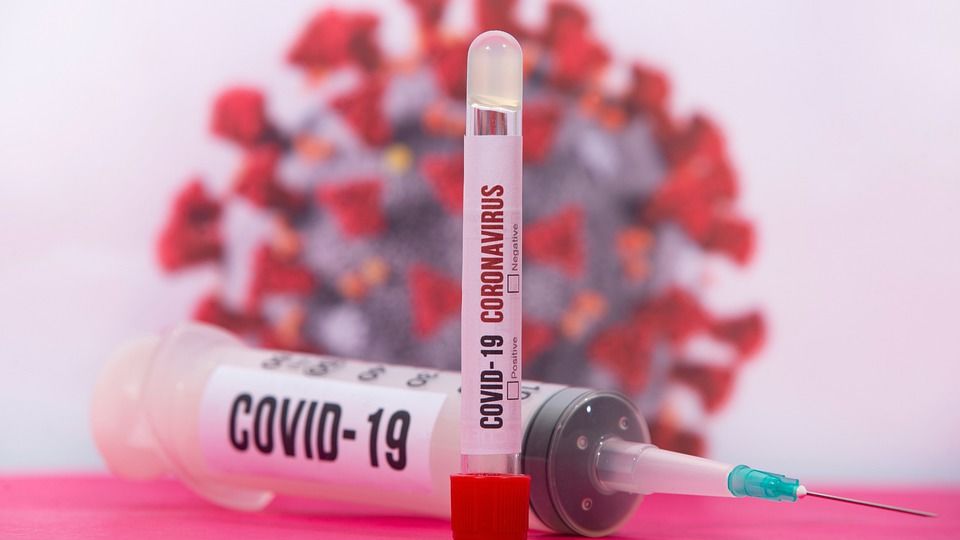The novel coronavirus (COVID-19) made a rapid global response for governments to implement policies that will regulate the growth of the virus. In a legal matter, governments need to be careful not to overstep basic human rights. The current epidemic COVID-19 case has caused great degree of friction between human justice and public health.
For example, digital rights for public health is on test because sensitive health information is being released without consistency, thus posing risks for diagnosed patients in their communities. Singapore’s Ministry of Health publitized a map tracking COVID-19 individuals who could face descrimiation. In Moscow, Russian authorities track infected individuals and their family members with silverilenec cameras.
Millions of Chinese minorities such as Uighurs and other Muslims are being held in concentration camps during quarantine. They have little to no access to food and officials demand from them money for supplies. The government in South Korea used the virus and the request for health documentation as a means to get sensitive member information from religious minority group, Shincheonji, which they deem as a Korean cult.
Racial injustices have also been prevalent because it reflects the health inequity. History shows that there has been a disportionate impact on the African American and other colored communities. COVID-19 attacks any age group and knows nothing about race, yet rates show that this virus spreads more in Black countries- about three times more infected and six times the death rate than white countries.
Black or colored communities are more prone to COVID-19 due to having higher chronic diseases such as diabetes, high blood pressure and obesity. Also the policy of “stay home” promising to slow the spread of the virus is problematic to the Black community. For example there is a 56 of homeless population in Louisiana.
The vulnerable populations such as older individuals and those with disabilities are more likely to be left in shadows of having inadequate assistance to prevent the spread of COVID-19. Older individuals are not just likely to face more chronic diseases prior to being infected with the virus but also they are less capable to support themselves with social distancing. There are stereotypes that older folks are a burden or weak in society. However, international human rights assures that every individual has the chance to receive adequate medical care to anyone in need
. Unfortunately there are not many ventilators so there is a need to develop protocols based on medical assistance and not on age. Individuals having a disability may be also more vulnerable to COVID-19. They face many challenges due to lack of proper personal hygiene and cleaned surfaces. They cannot isolate themselves because they need frequent help from other people with daily tasks.
In all, the epidemic is achieving high degrees of impact that has brought old and new issues of the injustices due to position in society, race, age, and personal ability.

